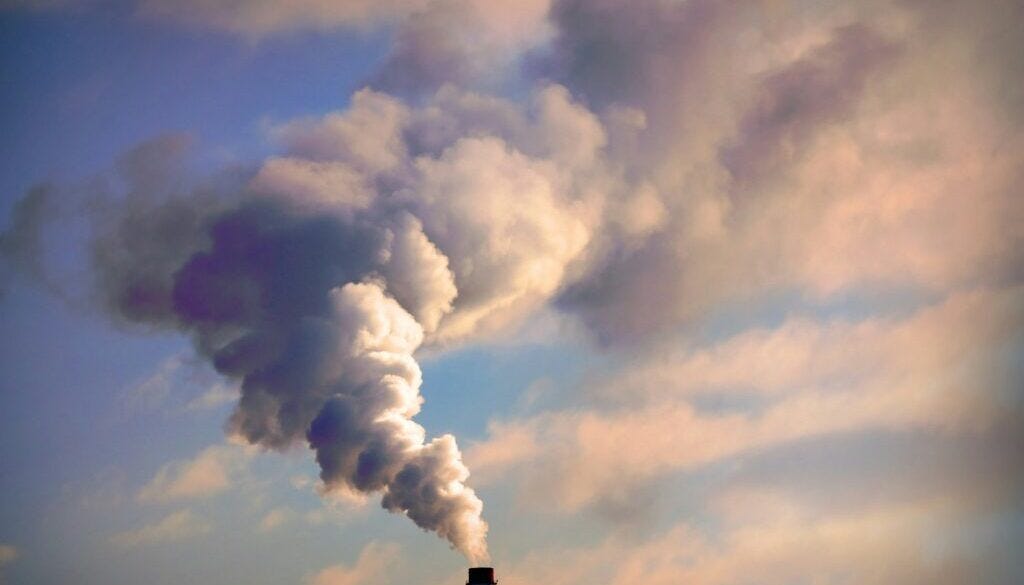Must-read recap: The New Lede's top stories
"Defend or be damned" -- How a US company uses government funds to suppress pesticide opposition around the world; fossil fuel expansions could thwart efforts to slow climate change, report finds.
“Defend or be damned” — How a US company uses government funds to suppress pesticide opposition around the world
(A version of this story was co-published by The Guardian.)
n 2017, two United Nations experts called for a treaty to strictly regulate dangerous pesticides, which they said were a “global human rights concern”, citing scientific research showing pesticides can cause cancers, Parkinson’s disease, Alzheimer’s, and other health problems.
Publicly, the industry’s lead trade association dubbed the recommendations “unfounded and sensational assertions”. In private, industry advocates have gone further.
Derogatory profiles of the two UN experts, Hilal Elver and Baskut Tuncak, are hosted on an online private “social network” portal for pesticide company employees and a range of influential allies.
Members of the network can access a wide range of personal information about hundreds of individuals from around the world deemed a threat to industry interests, including US food writers Michael Pollan and Mark Bittman, the Indian environmentalist Vandana Shiva and the Nigerian activist Nnimmo Bassey. Many profiles include personal details such as the names of family members, phone numbers, home addresses and even house values.
The profiling is part of a broad campaign – that was financed partly with US taxpayers dollars – to downplay pesticide dangers, discredit opponents, and undermine international policymaking harmful to the pesticide industry, according to court records, emails and other documents obtained by the non-profit newsroom Lighthouse Reports in an investigative reporting collaboration with The New Lede, the Guardian, and other international media partners. (Read the rest of the story.)
Fossil fuel planned expansions could thwart efforts to slow climate change, report finds
Plans for an expanded footprint of US fossil fuel-derived chemical production facilities would unleash millions of tons of heat-trapping emissions that could undermine efforts to confront the climate crisis, according to a report issued last week.
The analysis by the Center for International Environmental Law (CIEL) determined that 70 projects in various stages of development would create total annual emissions exceeding that of US commercial aviation, and on par with the annual emissions of 39 coal plants.
“The planned petrochemicals buildout in the United States is a profound threat to the climate,” the CIEL report warns. “If built, these petrochemical facilities will generate huge greenhouse gas emissions and lock in fossil fuel production for decades.”
The petrochemical sector in the US already emits about 335 million metric tons of CO2-equivalent pollution annually – more than the annual emissions of entire countries like Spain – and the planned expansion is estimated to add at least another 153.8 MMT of annual emissions, the analysis finds. (Read the rest of the story.)




